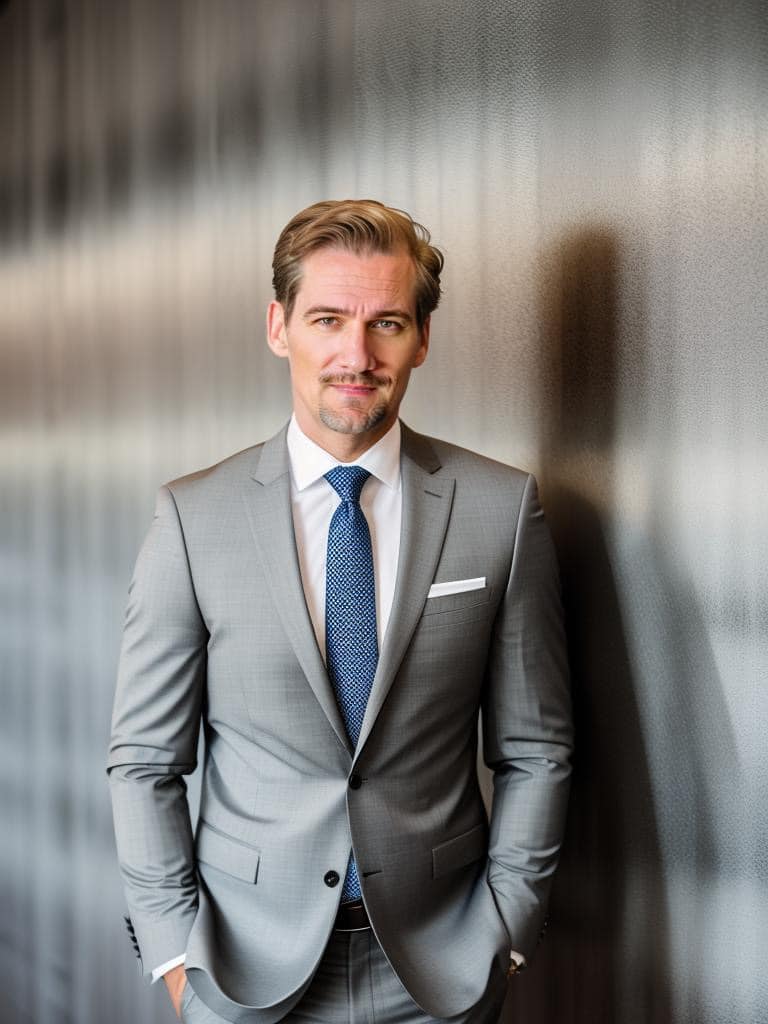
3 minute read
International Martial Arts Magazine Editorial
MARTIAL ARTS TRADITION TO MODERNITY
In the harmonious realm of martial arts, we find a tradition that effortlessly melds the ancient with the modern, bridging the past with our present and hinting at a future steeped in innovation and evolution. Martial arts, transcending its roots as mere forms of combat and self-defense, has matured into a deeply respected art form and a burgeoning industry. It’s a journey that has seen these disciplines adapt and flourish in the landscapes of modernity, where they serve not just as means of physical defense but as tools for mental well-being, cultural expression, and educational frameworks.
The story of martial arts begins in the cradles of ancient civilizations, where they were honed for warfare and personal protection. Over the millennia, these practices evolved, absorbing philosophical and spiritual dimensions
This transformation imbued martial arts with a depth that surpassed its martial origins, making it a pathway to personal growth, discipline, and spiritual enlightenment. In modern times, the essence of martial arts has expanded further, adapting to contemporary needs and sensibilities.
It has found a unique place in the fitness industry and in popular culture, thanks to the global spread of practices like Karate, Judo, Brazilian Jiu-Jitsu, and Taekwondo, among others. The cinematic world, particularly, has been instrumental in bringing the aesthetics and ethos of martial arts to a worldwide audience, weaving its principles with storytelling and entertainment.
The commercialization of martial arts has been a double-edged sword on one hand, it has made these practices more accessible to a broader audience, promoting physical fitness, self-discipline, and respect across cultures and age groups. On the other, some purists argue that its commercial aspects dilute the art's traditional values and depth.
Martial arts schools and dojos have sprung up in cities around the world, offering training in a myriad of styles.
Competitions and exhibitions, from local tournaments to global spectacles like the UFC, have turned martial artists into sports celebrities, further propelling the industry's growth.
As an art form, martial arts continue to celebrate the elegance of movement and the profound philosophies of its various styles. Practitioners often describe their training as a life-long journey of discovery, both of the self and of the art.
Looking ahead, martial arts is poised to continue its evolution. The integration of technology in training, from virtual reality (VR) simulations to data analytics for performance improvement, promises to usher in a new era of martial arts practice that could make training more personalized and effective.
At its core, however, the future of martial arts will likely remain rooted in its traditional values of respect, perseverance, and self-improvement.
New styles may emerge, blending elements from different traditions or incorporating modern understanding of physics and body mechanics.
Similarly, the mental and spiritual aspects of martial arts are gaining more emphasis, reflecting a collective yearning for mindfulness and inner peace in the fast paced modern world
In summation, martial arts stand as a multifaceted phenomenon historically rich, culturally significant, and endlessly dynamic.
Whether as a form of self-defense, a fitness regimen, or a way of life, martial arts encapsulate the human spirit's indomitable quest for growth, understanding, and harmony.
Its journey into the future, while uncertain, promises to be as captivating as its storied past.











